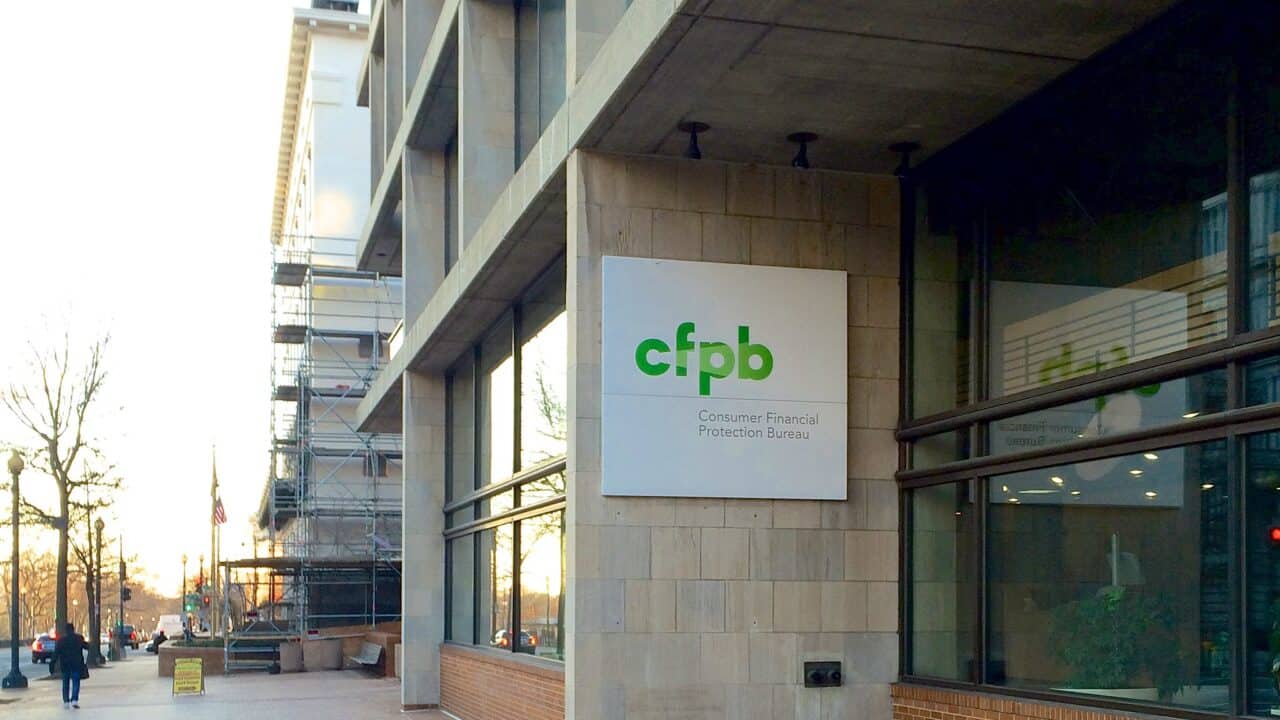 "cfpb 36795" by Ted Eytan is licensed under CC BY-SA 2.0
"cfpb 36795" by Ted Eytan is licensed under CC BY-SA 2.0
On April 9th, Americans for Tax Reform submitted a comment letter to the Consumer Financial Protection Bureau in opposition to its Request for Information Regarding Fees Imposed by Providers of Consumer Financial Products or Services (RFI). The RFI makes arbitrary accusations of fees charged by banks and non–bank financial institutions. If the CFPB moves forward with rulemaking based on the arguments made in the RFI, it would violate the Administrative Procedure Act (P.L. 79-404).
The letter opens by questioning the CFPB’s apparent ambitions for an expanding regulatory regime pertaining to consumer finance fees:
The evidence that warrants this shift in regulation is few and far between. Notably, the CFPB disregards any benefits associated with fees. Instead, the CFPB jumps to the conclusion that the fees for services provided are ‘junk’ and inherently detrimental to consumers. The CFPB’s belief that fees are not commensurate with the services provided, that there is a lack of competition in the industry, and that financial institutions are ‘taking advantage of a captive relationship with the consumer to drive excess profits’ is unequivocally false.
It continues by systematically laying out the flaws in the CFPB’s argument, unsupported by evidence, that late fees, overdraft fees, non–sufficient funds fees, foreign transaction fees, and ACH transfer fees constitute unfair, deceptive, or abusive behavior by financial institutions. For example:
Surveys indicate that consumers voluntarily participate in overdraft protection. The RFI misconstrues the deposit account landscape by wrongly assuming that consumers have the wool pulled over their eyes and are unaware of these fees. In fact, consumers participate in overdraft protection because they find it to be valuable. According to one study, consumers purposefully use overdraft fees. The study states that over ‘60% of overdrafts come from consumers who intend to use the service. More than 80% of overdraft transactions come from consumers who opted in to debit card overdraft programs with the clear intention of using it to cover their payments.’
The letter then proceeds to give more evidence of deliberate consumer choice with regard to overdraft fees—detailing overdraft protection’s usage in purchasing essential goods and services, especially for individuals with poor access to credit, as well as broad consumer opposition to price regulation. Moreover:
The RFI’s claim that overdraft and non-sufficient funds (‘NSF’) fees ensure that there is ‘effectively no price competition’ between bank deposit accounts is illogical and unsubstantiated. The CFPB is basing this statement on their false assumption that most of the revenue that banks receive from deposits comes from overdraft and NSF fees. In fact, most revenue banks receive from deposits comes from net interest income, not deposit fees.
Late fees for credit cards are addressed next, which, as described, are already heavily regulated under the bipartisan CARD Act of 2009 and the CFPB’s Regulation Z, making the need for further regulation unnecessary. The same applies for prepaid accounts, which are regulated under existing, comprehensive fee disclosure rules; any additional rules to this effect would be repetitive and possibly violate the Administrative Procedure Act. The letter also comments on excessive mortgage regulations:
Specifically, the TILA-RESPA Integrated Disclosure (“TRID”) Rule requires extensive disclosure information for closed-end mortgages… Additionally, until homebuyers have received a Loan Estimate form and have communicated that they intend to proceed with the transaction, the ‘creditor generally cannot charge consumers any fees.’ The RFI assumes that closing costs and application fees are barriers to homeownership, but it provides no evidence of this. In fact, current mortgage regulation requires extensive disclosure requirements on fees and restricts the timing of fees. In the current RFI, there is no justifiable reason to pursue additional regulation of mortgage fees unless additional empirical evidence and analysis is conducted.
The letter concludes that moving forward with rulemaking based on the analysis in the RFI would be deemed arbitrary and capricious:
As the CFPB moves forward with the information collection process and subsequent notice of proposed rulemaking, the CFPB should consider all the facts. So far, the CFPB has made unsubstantiated accusations of deceptive practices in the industry. The need for additional regulation is unclear when regulation and disclosure requirements are already in place to protect consumers. Should the CFPB move forward with a rulemaking along the same arguments made in this RFI, the likelihood that the rulemaking process runs afoul of the Administrative Procedure Act and is arbitrary and capricious will remain exceedingly high.
Click here to read the full letter.

